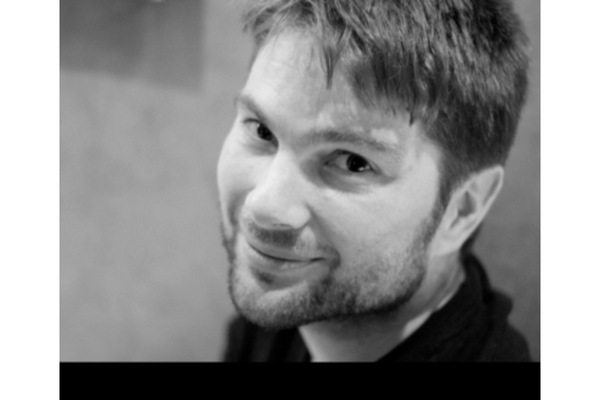
"Persisting Groups and Social Roles that Fit"
Abstract: On pain of circularity, one can’t endorse (i) psychological continuity accounts of identity through time; (ii) anti-timeslice accounts of rationality/reasons; and (iii) “rationality maximizing” interpretationist accounts of what grounds psychological content.
This paper examines a way out of the problem in the special case of group persistence. I look at Ludwig’s suggestion that membership in group G at time t should be thought of as a certain kind of social role, and show how this could get us out of the trilemma, for that special case.
The escape route works only if we have an adequate account of what it takes for a person to possess a social role (a gender, a professional role … a group membership). I present Rich Rowland’s arguments against descriptive analyses of social-role instantiation, and the simplest normative analysis. I highlight some challenges for Rowlands’ own favoured appeal to “fit”.
I say: what it is for someone x to have social role is for there to be a pro tanto obligation (on x and others) to treat x in accordance with the rules associated with that social role. I emphasize the neutrality of this analysis over different principled explanations of where this comes from.
Robert Williams is a Professor at University of Leeds.
